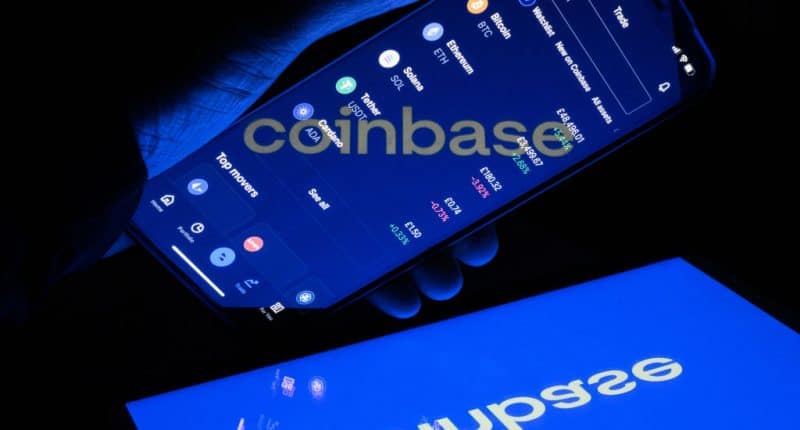In an interesting turn of events, Cryptocurrency exchange Coinbase’s CEO Brian Armstrong has credited “informal pressure” from Reserve Bank of India as the reason for company halting trading on their app. As a refresher, Coinbase, which launched India ops with much fanfare, allowed users to use UPI for crypto transactions, a service which it had to later shut down.
Here’s what Chief Executive Brian Armstrong had to say,
So a few days after launching, we ended up disabling UPI because of some informal pressure from the Reserve Bank of India, which is kind of the Treasury equivalent there. India is a unique market in the sense that the Supreme Court has ruled that they can’t ban crypto. But there are elements in the government there, including the Reserve Bank of India who don’t seem to be as positive about it. And so they, in the press, It’s been called a “shadow ban” — basically, they’re applying soft pressure behind the scenes to try to disable some of these payments which might be going through UPI.
Armstrong further pointed that the bank’s stance doesn’t seem to be in line with the supreme legislative authority of India. While initially, RBI had banned cryptocurrency in India, the supreme court ruled against the move two years ago, and the government has recently taken steps to make it a more regulated aspect of the economy.
Earlier last month, Coinbase was all set to step foot into the Indian economy, announcing their app and it’s integration of UPI payments. Within a week though, the company had to take a step back and half all buying orders, without any reasonable explanation offered at the time. Following Coinbase’s initial announcement, the National Payments Corporation of India (NPCI) soon issued a statement refuting granting UPI access to any cryptocurrency trading platform.
Coinbase plans to work with the Indian government to resume operations in India. Armstrong sounded rather passionate about the concept of decentralised digital assets in his statement. He said “So it’s not always clear as we go to these countries all over the world, everybody is in varying states of kind of education or lack thereof about crypto. And there’s a lot of work to go meet with policymakers around the world and kind of teach them about what the AML capabilities are and what are the positive benefits. The people of these countries generally really want crypto. And so to me, that says that most places in the free world and democracies, crypto is going to eventually be regulated and legal, but it’s going to take time for them to get comfortable with this.”
Despite early setback, Armstrong wants to continue with the advance in Indian demographic, even if it isn’t the most profitable decision for the company. He insinuated that this move will force a conversation about the concept of cryptocurrency on all levels in India. In the press, in the government bodies, and on the family couches.
The Tech Portal is published by Blue Box Media Private Limited. Our investors have no influence over our reporting. Read our full Ownership and Funding Disclosure →






